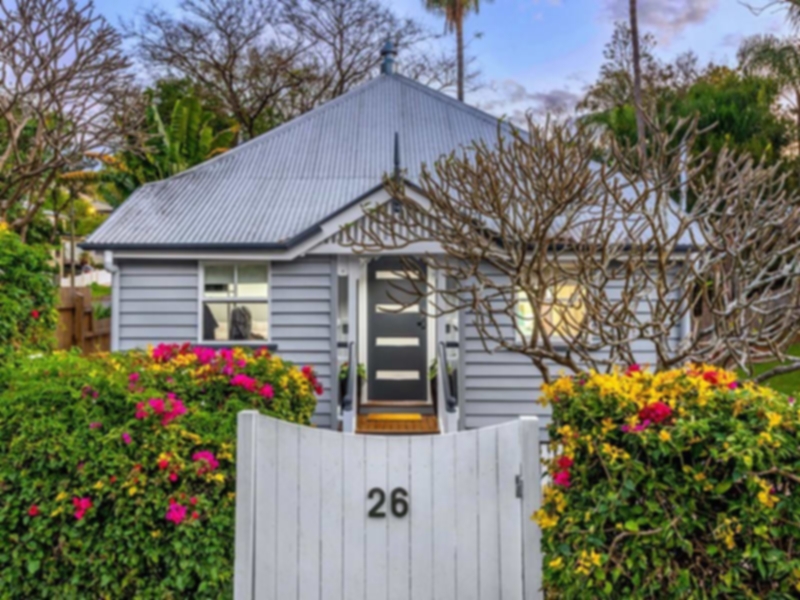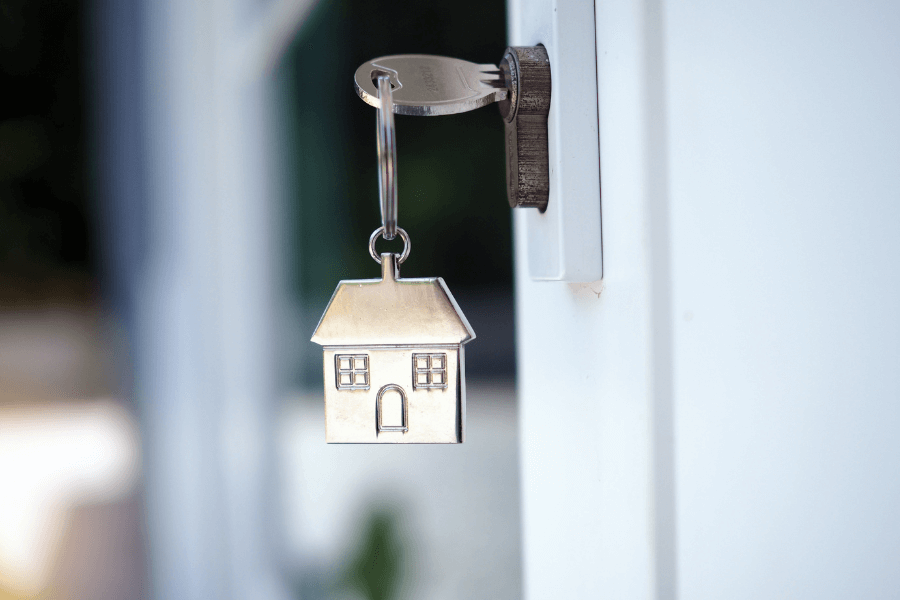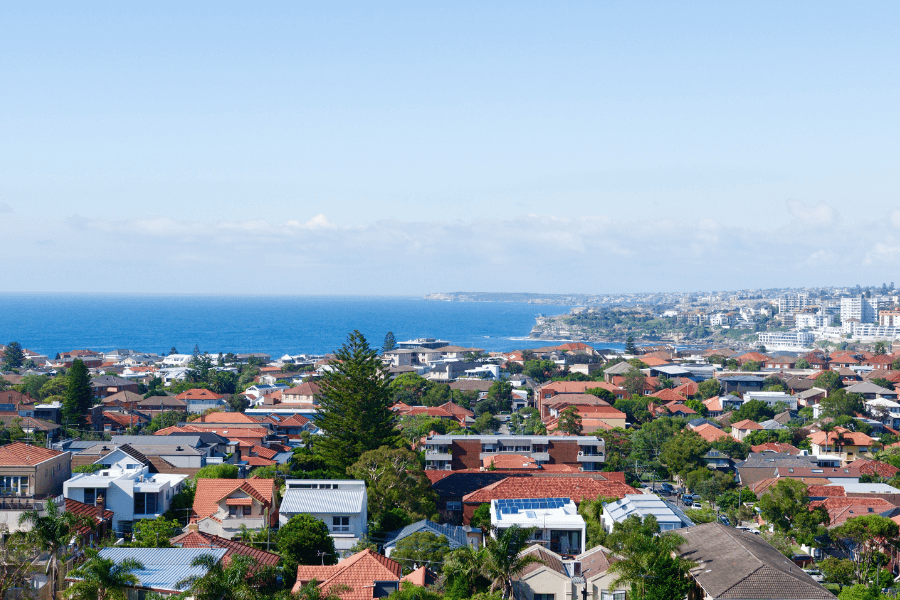Jumping head first into the world of property isn’t something anybody should take lightly, especially with such a volatile housing market hanging over our heads.
First home buyers in particular are vulnerable to the pitfalls of property. With endless things to remember, it can be a mission to even work up the courage to get the ball rolling towards a secure housing future for you and your family.
However, it’s not all doom and gloom. The vibrant (though perhaps somewhat inflated) Australian housing market proves that it’s only too possible to get started. A financial planner is a great way to get professional advice on all things financial, and that includes buying property. But, it’s important to get the right advice and ask the right questions to make sure you’re as well informed as possible. Here are five important questions to ask your financial planner before buying your first home.
 For sale: 26 Soudan Street, Bardon, QLD
For sale: 26 Soudan Street, Bardon, QLD
Can I afford this property?
This may sound like an obvious question. After all, no one on a fast food wage is going to be looking at million dollar properties – we all have a basic idea of what we can realistically afford. However, it’s still something you should be questioning long and hard, and not just what you think you can afford in your own mind.
Houses are expensive things. Yes, that’s another obvious statement, but when you’re talking about a purchase that will cost hundreds of thousands of dollars, it can be easy to be blasé about just how much money that really is. It can be so easy to think ‘what’s another 50k on top of 500k?’ and all of a sudden you could find yourself looking at properties that really are out of your price range. It’s easy to get carried away by the sheer scale of the purchase, and stop looking at it as real money that is really going to have to be paid back.
This is a crucial error, but it’s one your financial planner can easily help you avoid. Having an objective eye running over your finances and comparing them with your purchasing plans and looking at the best and worst case scenarios will help keep things in perspective.

Which mortgage best suits me?
There are different types of loans for different situations, and choosing the right one is important. Fixed and variable rate loans both have their associated risks and rewards, but they aren’t made equal.
Many first home buyers like the idea of variable rate loans, as they open up the option to make greater repayments if the opportunity arises. Variable rate loans also often have a lower rate of interest than their fixed loan counterparts, but that can change very quickly if the reserve bank were to raise interest rates. Whether that happens or not is hard to predict…
FIxed rate loans on the other hand are locked in for a number of years. You’ll be able to budget more easily for a fixed rate loan, as your repayments will stay the same no matter what. Of course, if interest rates were to drop you might be left ruing the fact you didn’t go for a variable rate loan, but the upshot is that if the opposite happens you’ll be very happy indeed.
It all comes down to risk versus reward, but with interest rates at such astronomical lows it really is hard to go past a fixed rate loan. This could change in the future, so talk to your financial advisor about the best option considering the situation at the time.

Will I need loan insurance?
With interest rates at an all-time low, it’s a lot less threatening to sign up for a large scale loan these days than it once was. This means people are getting larger mortgages with smaller deposits. There’s nothing wrong with this, as long as you can comfortably afford the repayments long term, however it does throw up questions about whether you’ll need loan insurance.
Lenders are generally a careful bunch. By setting you up with a mortgage they’re investing in your successful repayment of that mortgage, and they want to protect that investment. This is the point of deposits, and with a large enough one you won’t need to worry further. However, smaller deposits may require insurance on the rest of the loan, and the premiums will only add to your monthly repayments, making the entire repayment process that much harder.
Of course, your lender will be able to tell you whether or not you’ll need loan insurance. However, since they inevitably have a vested interest in the transaction, it’s a good idea to get a third party opinion from your financial planner. They’ll be able to tell you in frank terms how any premiums will affect your repayments and budget, as well as give you advice on possible options to avoid insurance altogether.
Am I rushing into this?
A financial planner should have a cool head in all situations. What is a highly emotive situation for you should be for them just another day at the office. That’s not to say financial planners are secretly unfeeling robots (though we’re not ruling it out!), but their job is to provide cool advice at all times.
With this in mind, a good financial planner should be able to identify when emotion has overtaken good sense in the buying process, and act accordingly. Rather than applaud your every decision, they should instead act as a foil to your protagonist. If you’re extremely keen on a property, but a niggling voice in the back of your mind keeps telling you something doesn’t feel quite right, ask your planner and see whether they agree with you or the voice.
Where is the future headed?
No one knows exactly what tomorrow will bring, but a financial planner will be in a better position than most to give some idea of the fluctuations and nuances of a property market that is more volatile than ever. While Australia has never seen anything like the housing market crash in the US, it’s still risky to assume that everything will keep on an upward trend forever. Your financial advisor will have a more professional eye on these machinations than yourself, and should be able to give some advice about whether they feel this is the right time, or place, to buy.
 Image: Business Insider Australia
Image: Business Insider Australia
For more tips on financial planning find out the seven questions you need to ask before buying an investment property and the advantages of organising home loan pre approval before looking.




